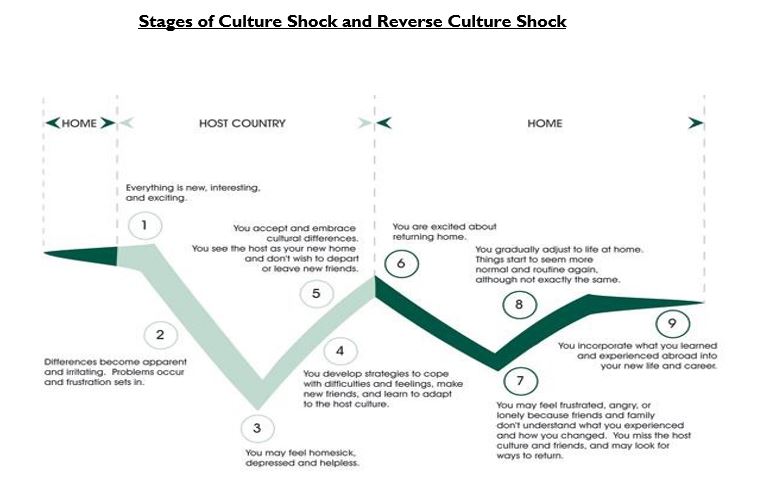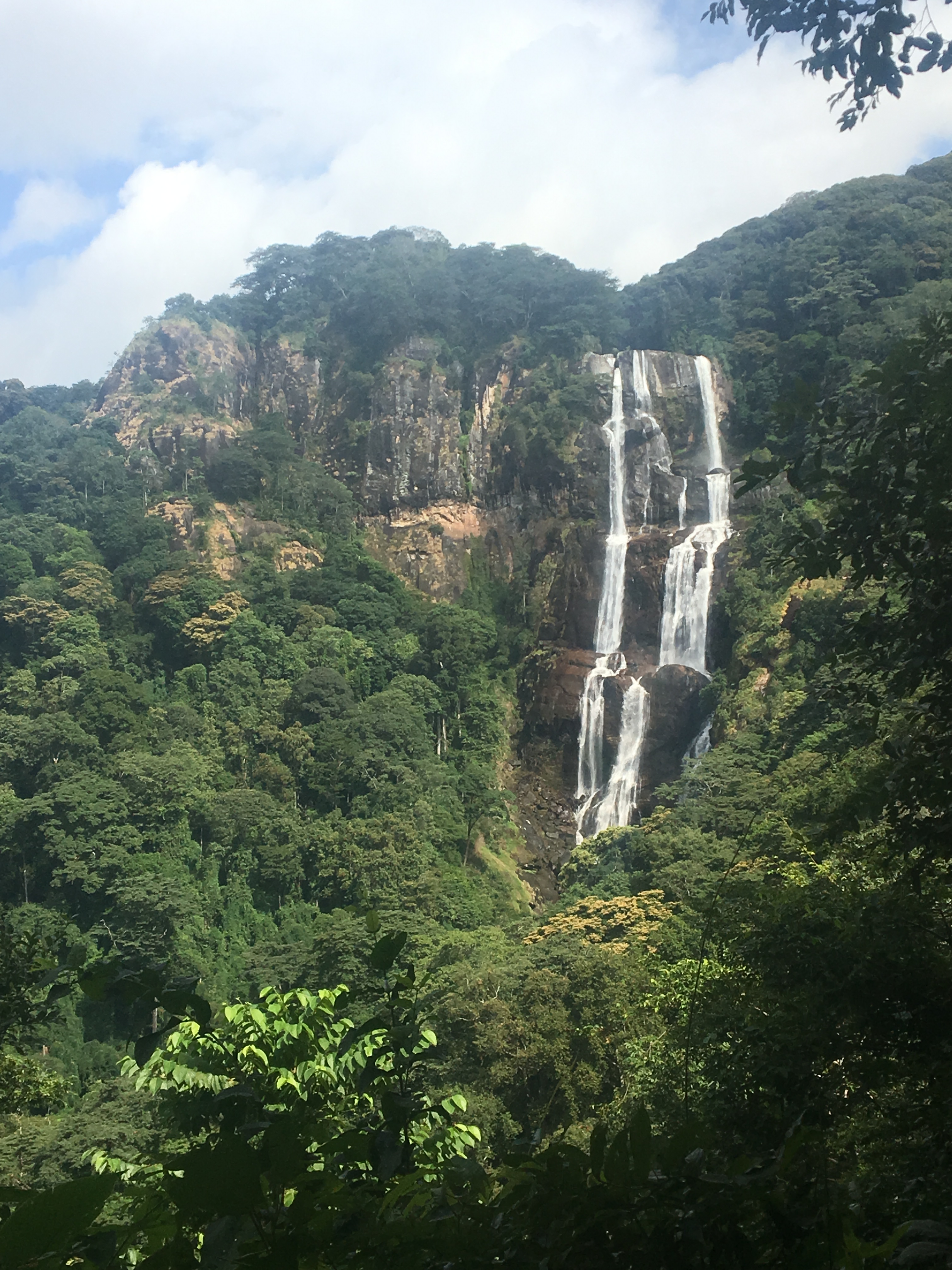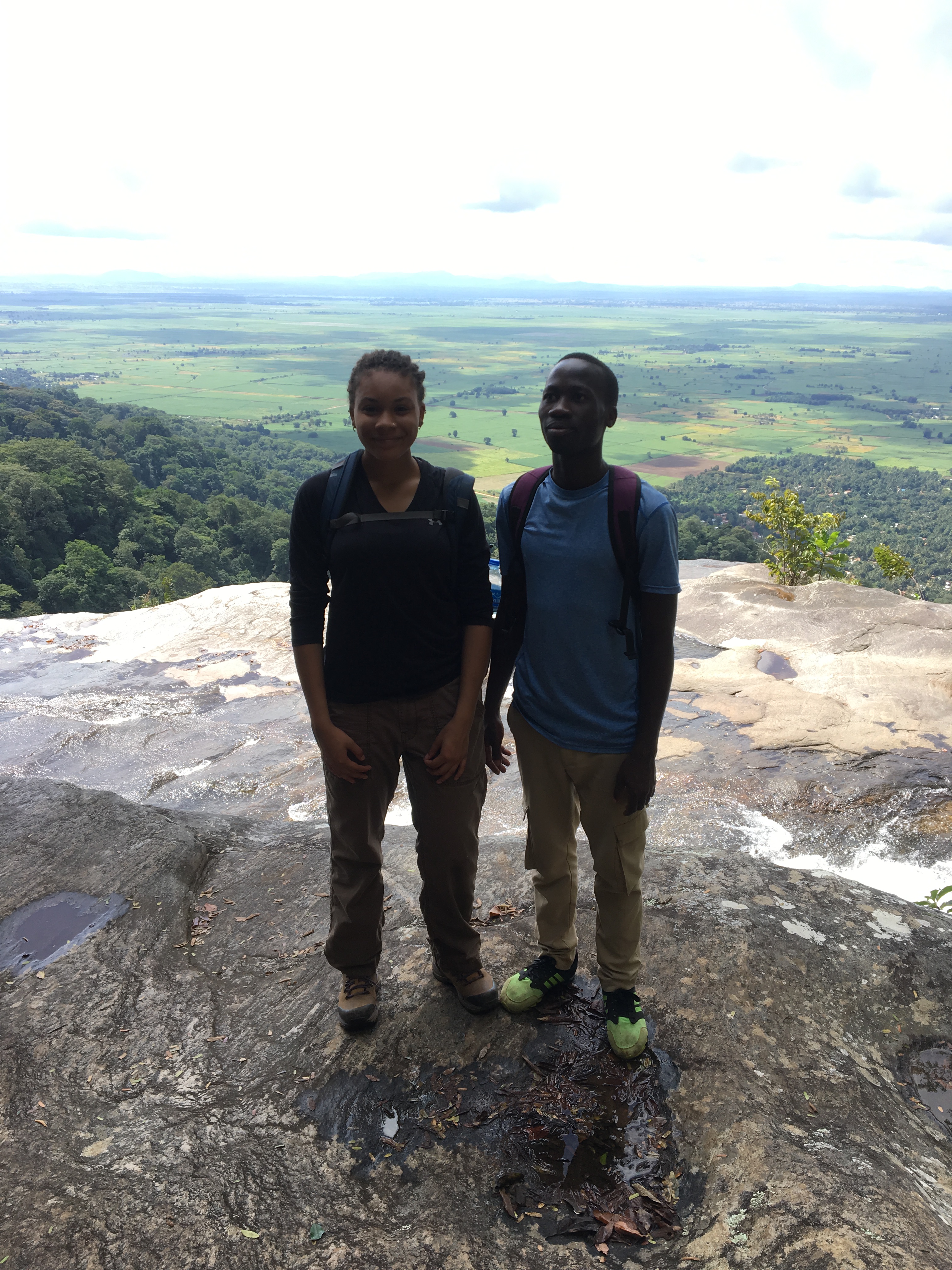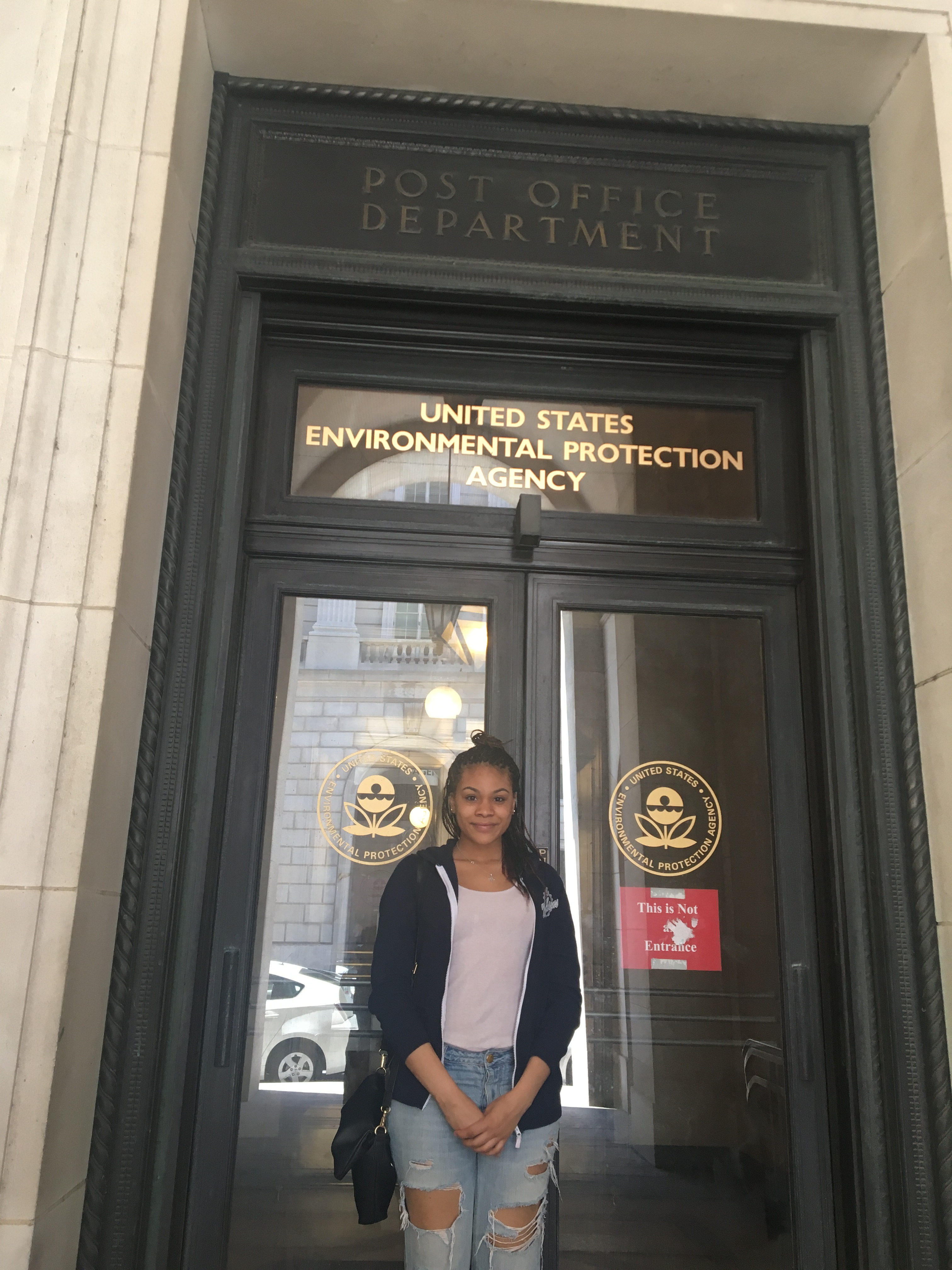When I first saw the chart titled “Stages of Culture Shock and Reverse Culture Shock” in the Gilman blog-writing syllabus, I have to admit that I was more than a little skeptical. Before my study abroad orientation, I had never even heard of reverse culture shock. My program was only for six weeks, not six months. I thought that it wouldn’t be enough time to change me in a significant way. I thought I already knew myself and what I liked. After all, I grew up in Pittsburgh around people of all backgrounds. I came to East Africa with the assumption that my background as a black woman would enable me to escape culture shock. I went to Tanzania with what I thought was a mind open to learning, but the reality is that Eastern Africa expanded my horizons more than I could have ever imagined.

Even though I was learning in a completely new and fascinating way, I found myself becoming fiercely homesick during my program. In the second week, I was already ready to go home. I missed cheese, clear English, and talking to my family and friends whenever I wanted to. I began to count down the days until I would be on the plane back to the States. I found myself stuck in stage 3 of culture shock: depressed, homesick, and hopeless. But by the end of the third week, I wasn’t thinking about coming back home. I was thinking about my independent project, going hiking, and reading for class. I became so tied to my new reality that having one hour of internet access a day and taking cold showers quickly became a part of my normal daily routine. At some point, I adapted to Tanzania so much that I stopped noticing that I was in a developing country and started noticing the potential to keep in advancing sustainably.
At the start of the last week of studying abroad, I began to have a sinking feeling in my stomach every time I thought about returning home. I felt like there was more work that I needed to do before I could be satisfied with leaving. Leaving the Udzungwa Mountains Ecological Monitoring Center was like leaving the best summer camp I never got the chance to attend. I will never forget the phenomenal staff. Even with a language barrier, the amazing ladies that made up the kitchen staff managed to take care of us when we were sick, feed us three times a day, and teach the girls how to wear fabric like they did. The ecologists and field assistants in the National Park always had their doors open for questions. They would drop whatever they were working on to accompany us to villages or act as a translator when our Swahili failed us. Overall, I experienced and witnessed a genuine kindness and willingness to help other people, no matter what their race or nationality, that I want to pass on to whoever I can. The unparalleled work ethic and determination of the people (the women in particular) put my life and problems immediately in perspective. Never again will I complain about a class at Penn State after seeing a woman walk, talk on the phone, and breastfeed at the same time.

The view from my Sanjay Waterfalls hiking trip.

Our tour guide was roped into taking a picture with me on top of the falls.
My goal is to make is to stage 9 on the reverse culture side of the graph: incorporating what I learned from my study abroad into my new life and career. I’m still adjusting to being back home in the States. For instance, I didn’t expect to feel so uncomfortable in a room full of white people. I notice how much water I waste brushing my teeth or how Instagram doesn’t have the same appeal that it used to. Fall semester at Penn State should be interesting! I know I will eventually get used to my normal life, but the experiences I had are still fresh in my mind. The lessons I’ve learned are not leaving me anytime soon, so I might as well learn from them and apply them to the future. Now when I look for internships, an international component is a must. Applying conservation in a developing country came with a whole other set of complex challenges. I’m inspired to see how other issues fit in as well. For example, what is the role of environmental justice in a second or third world country? Studying abroad came with the realization that I can weave multiple issues together into a cohesive career. Whether I end up in policy or in a lab, I will always be grateful for my experience in Tanzania for changing my life.

Me in Washington DC the weekend before I left for Tanzania



